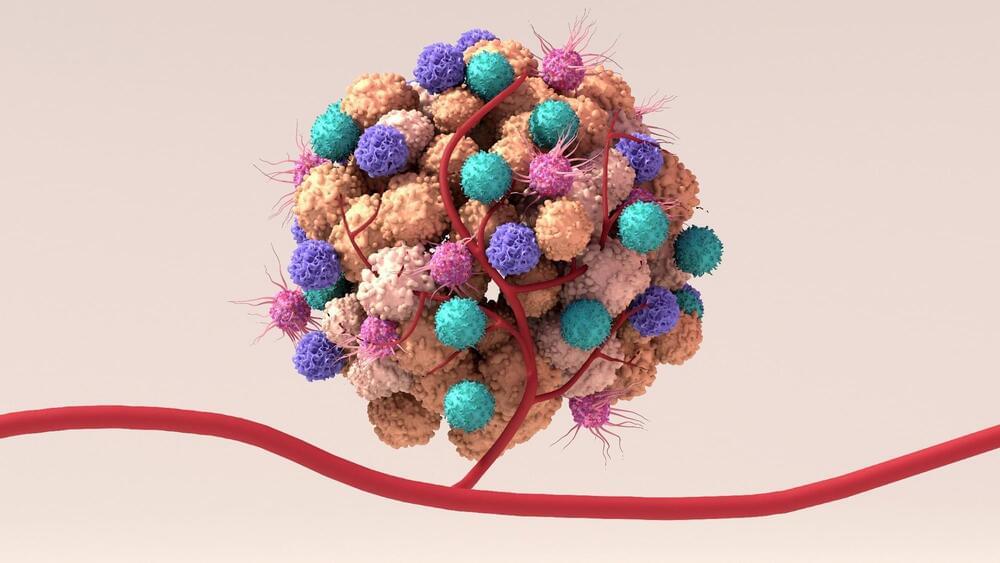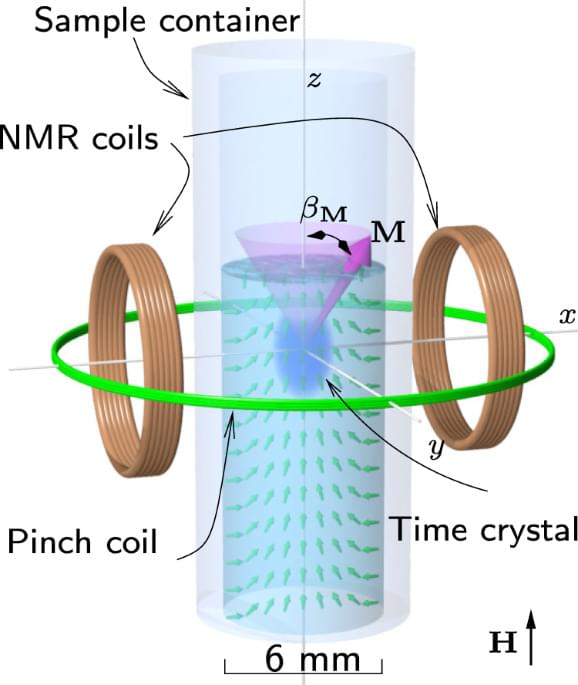In a recent study published in Cell, researchers investigated whether the observed tumor cellular heterogeneity and architecture result from stochastic and chaotic events or whether there is more coordination in the histopathological chaos of cancer. They also explored mechanisms shaping the highly complicated tumor landscape.
Both embryology studies and oncology research activities are aimed at elucidating tissue growth mechanisms; however, they share limited conceptual and technical overlap. Morpho-genomic processes and tissue-level signaling are prime mechanisms in the field of embryology. Researchers have developed various approaches to explore the associated mechanisms; however, cell, genetic, and biological means have been predominantly focused upon, leaving the spatial aspects of tumor cells under-studied in the field of oncology.






